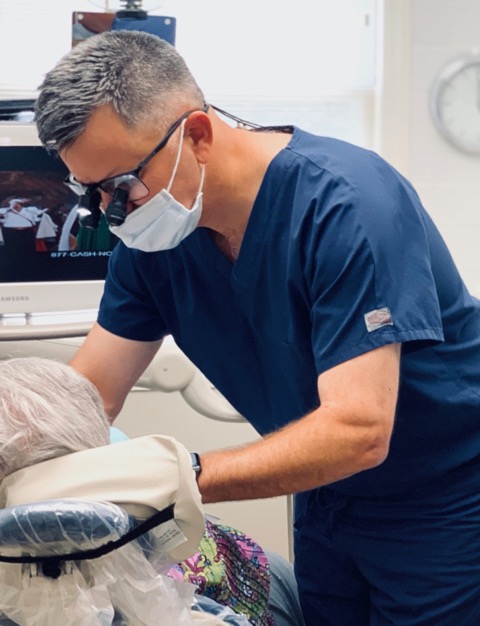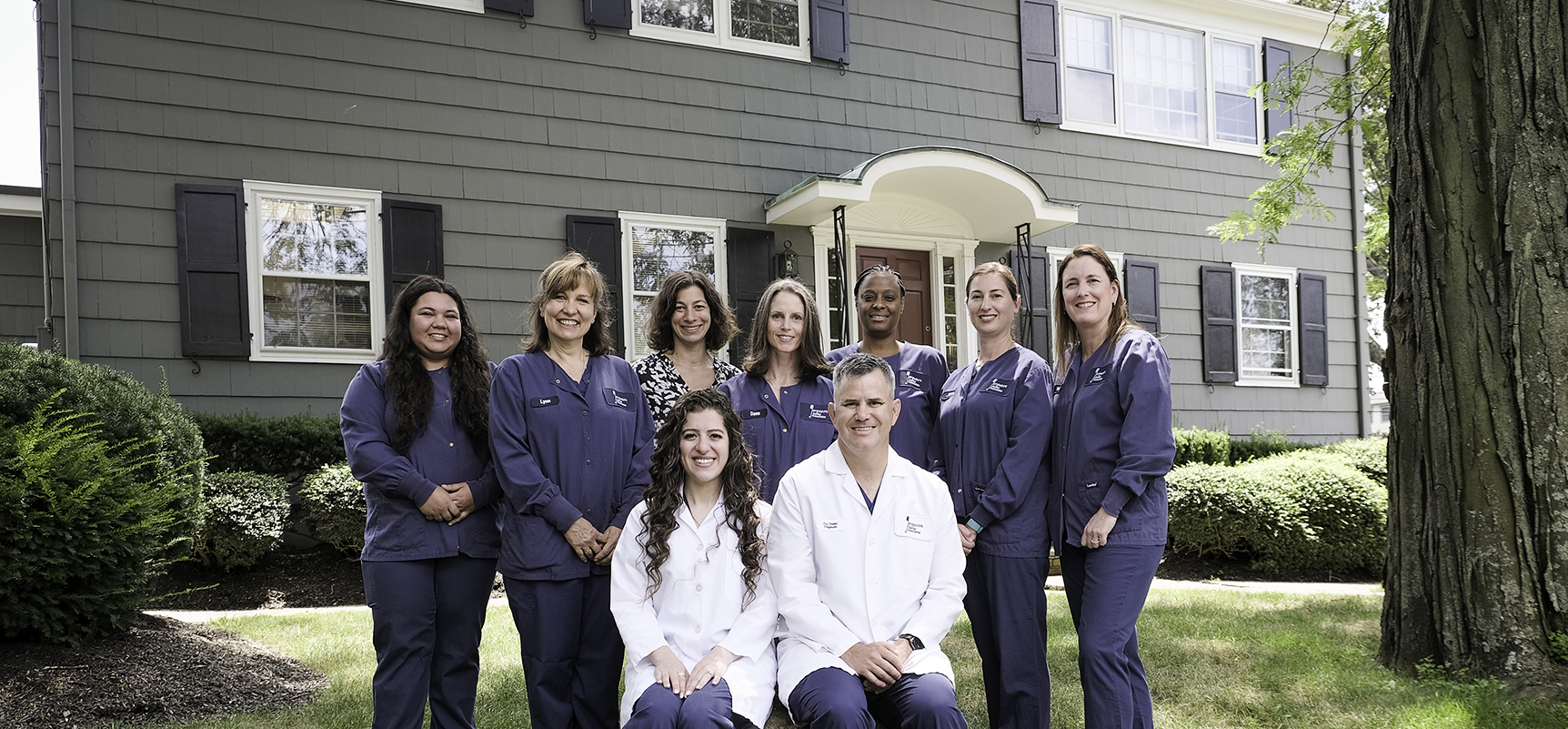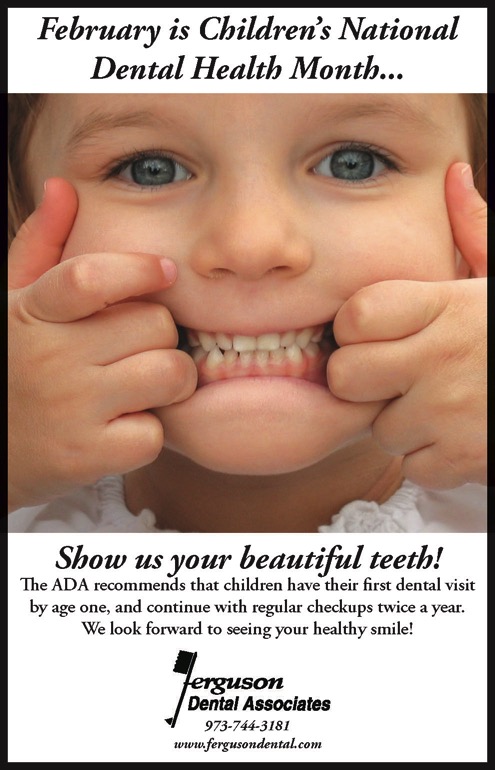
Protect Yourself Against Oral Cancer - Knowledge is Power
The mouth, tongue, gums, throat, and lips are sensitive tissues that often develop lesions or sores. In most situations, these sores are not cause for concern and quickly heal. However, Oral Cancer is a genuine concern that can occur among patients of any age or gender. Being aware of the signs and risk factors, as well as scheduling routine hygiene visits on a regular basis, can assist in early diagnosis.
Understanding Oral Cancer
- Oral cancer is divided into two categories.
- Lesions occurring in the mouth including your lips, cheeks, teeth, gums, tongue, and the floor and roof of your mouth
- Lesions occurring in the throat, tonsils and base of the tongue.
- Early detection may result in better treatment outcomes.
- Oral cancer is fatal for approximately 10,000 people each year.
- The 5-year survival rate of those diagnosed is approximately 60 percent.
Risks for Oral CancerAge, gender, and certain lifestyle habits can place you at increased risk for oral cancer, but it is important to remember that it can, and does, occur in men and women of all ages. Patients age 40 and older make up 95% of all oral cancer cases, with men having a higher incident than women. Patients age 18-39 who use tobacco, smokeless tobacco, are heavy drinkers, are exposed to toxins, or may have a previously diagnosed oral HPV infection are also at an increased risk.
Warning Signs and SymptomsIf you experience any of the symptoms below, let us know, especially if you’ve had them for two weeks or more. Also, keep in mind that aside from an obviously sore throat, the below symptoms can present themselves in the absence of pain. Look out for changes that can be detected on the lips, inside the cheeks, palate, and gum tissue surrounding your teeth and tongue.
- Reddish or whitish patches in the mouth
- A sore that fails to heal and bleeds easily
- A lump or thickening on the skin lining the inside of the mouth
- Difficulty chewing, swallowing, moving your tongue or in the way your teeth fit together when closing your mouth.
- A persistent sore throat, feeling like something is caught in their throat, numbness, hoarseness or a change in voice.
Reducing RiskRegular visits to the dentist increase the likelihood of early cancer detection. Currently, just over half of all those diagnosed with oral cancer survive more than five years – a statistic driven in part by late diagnosis. If you are considered “high risk,” (see list above) you should be receiving an oral exam at least every six months, if not more frequently.
- During a comprehensive dental exam, we will check your oral cavity. This includes your lips, cheek lining, gums, the front part of your tongue, the floor of your mouth and the roof of your mouth. We also examine your throat at the soft part at the roof of your mouth, including your tonsils, the back section of your tongue and where your tongue attaches to the bottom of your mouth. Your jaw will be examined for any lumps or abnormalities.
- If we identify a suspicious lesion, it is important to stay calm and remember that most sores and lesions in the mouth are benign. Depending on what we see, we may ask you to return to the office a week or two later to see if questionable spots are healing on their own, recommend a biopsy be taken, or refer you for additional testing. Working together we develop the best strategy for diagnosis, treatment and prevention.
Healthy Habits That May Help Reduce Your Risk- Avoid all tobacco products
- Avoid or reduce your consumption of alcohol
- Consume more fruits and vegetables
- Avoid excessive sun exposure that can result in cancer of the lip (using lip balm with an SPF of at least 30 can be helpful)
- Avoid exposure to environmental hazards (wood dust, formaldehyde, printing chemicals)
- Conduct a self-exam monthly so you can catch any of the symptoms listed above. Use a small hand-held mirror so you can see the back of your mouth and tongue. Our hygienists are happy to provide instructions on this sort of home exam.
- Consider coffee. While the jury is still out, some research suggests coffee may help protect the mouth from oral cancer.
Oral cancer is serious business. Yet, the prognosis is improved when caught early. At Ferguson Dental, our patient’s health is our top concern, and oral cancer screening is included in all comprehensive dental exams. This quick and painless screening seeks to identify abnormal changes in the mouth, and is the often your earliest line of defense in the detection of oral cancer. If we need to reexamine a suspicious lesion, that follow-up is always offered free of charge. Remember that no list is exhaustive, and to always share with each of your health care providers your concerns and strategies regarding your oral health. We understand that every patient has unique questions, please always feel free to talk with us at your visit or contact us at 973-744-3181.







